This is Part 2. Read Part 1 here.
[Editor’s note: sadly, Billy Joe Shaver died at the age of 88, while this post was being written. Cheers to the man.]
“LA Turnaround” by Billy Joe Shaver
If New York is–to a wayward rural soul–like wandering into a hailstorm, then LA must be like stumbling around in a languorous Odyssean fog, shipwrecked and intoxicated.
“LA Turnaround” is a wry delight courtesy of Billy Joe Shaver, who is one of the wryest motherfuckers out there.
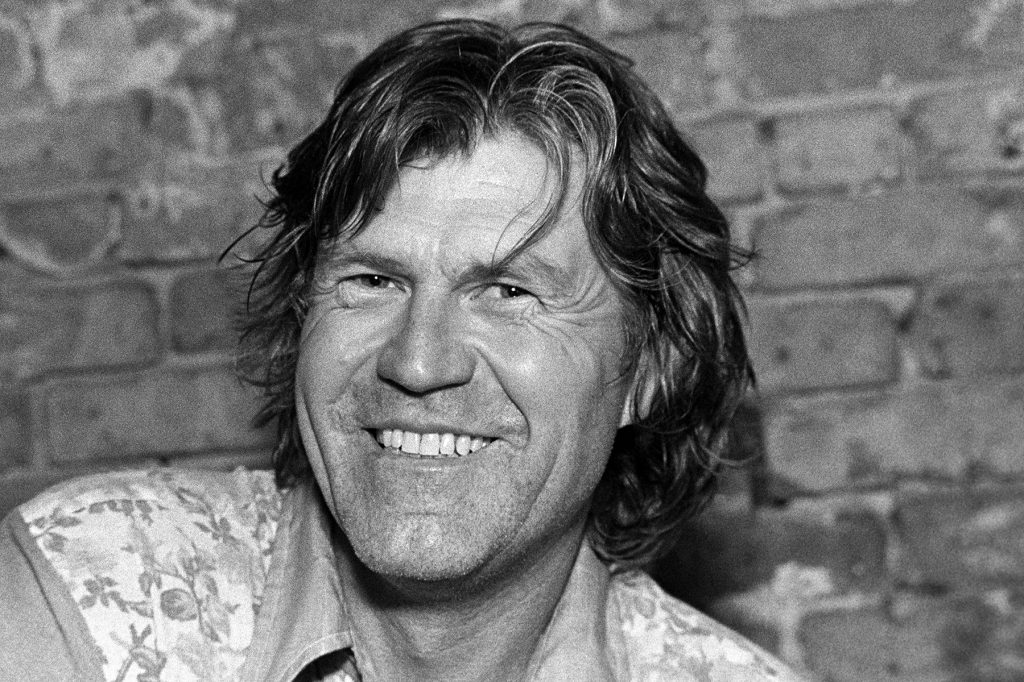
Just for context, this is a dude who:
a. Lost three fingers in a sawmill accident
c. Married the same woman three times
d. Shot a guy and didn’t feel even a little bad about it
To quote David Alan Coe, “if that ain’t country…”
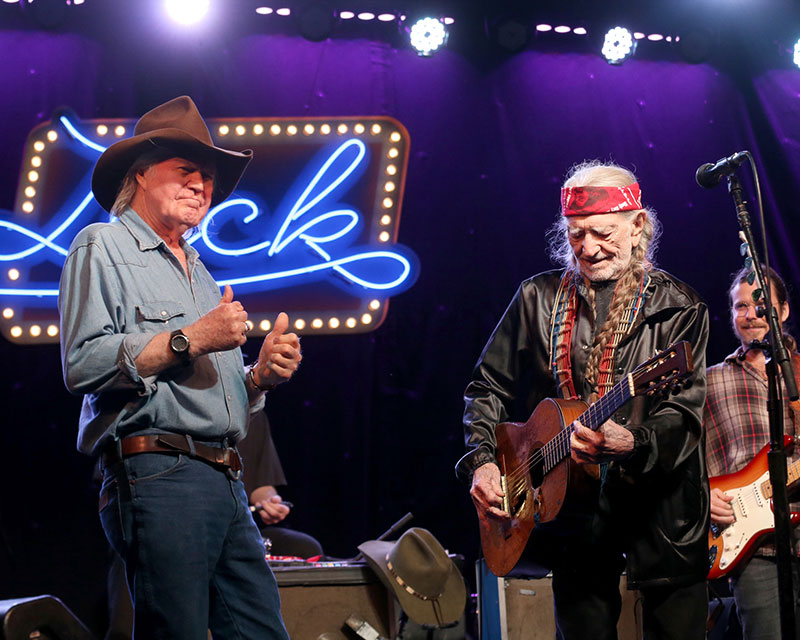
Old Five And Dimers Like Me, the 1973 album on which “LA Turnaround” features, was Shaver’s debut and a minor masterpiece.
The first track, “Black Rose,” contains one of my favorite lines ever written:
Well, the devil made me do it the first time
The second time I done it on my own
The sinner’s mindset, clearly explicated.
It doesn’t get much better than that, folks.
“LA Turnaround” is hewed from the same mischievous sensibility. Nearly every line is some form of a play on words, communicating the duality of a seductive, serpentine city:
Stuck here in Los Angeles with a case of worn out soles
Totin’ a bag full o’ yesterdays
And a mind full of doughnut holes
Even the word “yesterday” is no accident. And that’s not just my Beatles bias showing:
In the next verse, he cries out for “sweet, sweet, sweet Virginia,” Virginia being Shaver’s tiny Texas hometown, but the allusion to the Stones song (released two years prior) is as playfully self-aware as the preceding Fabs reference and both suit a song about a showbiz town that subsists on its own mythology.
(Also–“a mind full of doughnut holes.” I may be reading too deep into it, but what do you see on every corner out here? Donut shops. They are to LA what pizza is to New York, a perfect corollary to each city’s respective cultural seriousness. But I digress.)

Musically, it’s spirited and highly pleasurable: a jaunty, happy-go-lucky blues verse into a dramatic pre-chorus that shifts to the minor key and evocative imagery (LA turn your big eyes out to sea / LA turn around, don’t look at me) before loping down a Beatles-esque middle section and transitioning happily into the major key for its resolution (okay, maybe that’s my Beatles bias showing).
It’s a joyously bumpy ride, evoking the thrill and trepidation of chasing the wrong impulse.
Sometimes it leads you all the way to the edge of the world.
Along the way, we hear a familiar, folksy plea, recognizable from songs like “Lend Me Your Comb,” and “Sloop John B”:
“Let me go home!”
Although in those two songs, it is modified slightly: “I want to go home!” The difference is key. Here, Shaver seems to beseech someone–LA, the big-eyed seductress, sure, but also himself, the hayseed hopelessly enraptured by her gaze. Please. Let me go home.
Even the wording of the chorus suggests misdirection and double-meaning: LA turn around, don’t look at me…LA turn around, turn a’ loose of my soul. Its titular phrasing–“LA Turnaround”–implies a noun, a state of affairs (“Man, I got myself into a real LA Turnaround there”) but it is, in fact, an imperative command, a desperate cry from an ensnared fool.
Let me go home!
Some days, I know how you feel, Billy Joe.
“LA Freeway” by Guy Clark
Some folks do languorous and Odyssean better than others. Guy Clark, one of the other wryest motherfuckers out there, had little time for a place this sunny and silly (Sadly, Clark also died recently–in 2016).
His best known song is the other side of Shaver’s dream of extrication. It’s a tune about getting the fuck out, and it implanted a phrase into my brain that I have recalled literally every day I have lived in Los Angeles:
If I can just get off of this LA freeway
Without gettin’ killed or caught
There’s no doubt he lived in LA, and he sees the city the way only an outsider can: you ain’t as cute as you think you are.
Clark is, in many ways, a kindred to Shaver: a constitutionally old soul, but one whose gravitas is not impervious to earthly temptation, not by a long shot; a strapping carpenter-poet who arguably had more success writing for others than for himself but who nonetheless left behind a wonderful catalogue of funny, heartfelt, substantial songs. Even when they’re lighthearted, you feel their intelligence and heft. Like old friends, you just want to sit with them awhile.
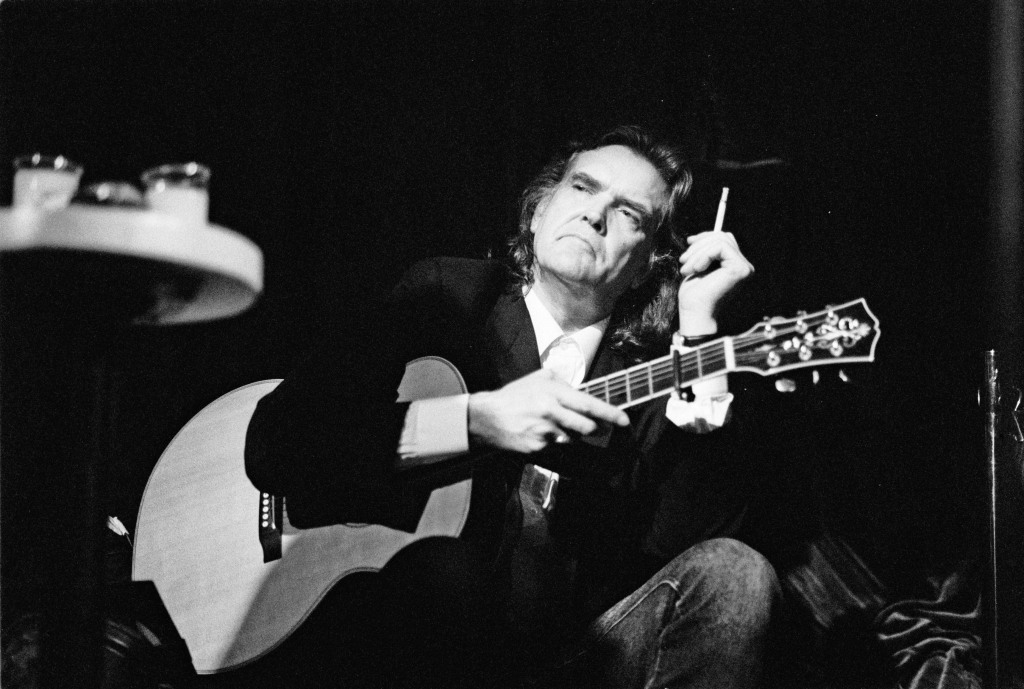
“The Randall Knife” should be taught in every class on modern masculinity (if they still have those). Short of that, it should be taught as a great folk poem.
“The Last Gunfighter Ballad” is a ghost story, an action movie and a morbid joke rolled into a three-minute song.
He has lines that I return to over and over again. My favorite might be this verse from “The South Coast of Texas,” because it so strongly evokes the Georgia beach town where I spent summers as a kid:
In the cars of my youth how I tore through those sand dunes and
Cut up my tires on them oyster shell roads
Oh, but nothin’ is forever say the old men in the shipyards
Turnin’ trees into shrimp boats, Hell I guess they oughta know
But back to the matter at hand.
“LA Freeway” is an acoustic-picking number, capoed, from the sound of it, rather high up. This gives it a bright, almost tropical sound that serves as a perfect counterpoint to its lyric. Guy and Susanna are catching those pleasant Santa Ana winds and riding them all the way outta here.
Pack up all your dishes
Make note of all good wishes
Say goodbye to the landlord for me.
That sum’bitch has always bored me
I love that last line so much. So laconic. So cool. So Texan and yet also so Parisienne, so haughty. Angelenos may find country roads, fishing holes and the like quaint, simple, even embarrassing. But a true artist knows there is nothing worse than a boring person.
Try a city full of them.
Of course, the chorus makes this song. Its imagery is essentially Angeleno, as is the narrator’s mental and emotional state. Like I said, I think of this song every single day. There can be no more perfect encapsulation of the LA driving experience than these 15 words.
It’s a plea. Every time you get on this godforsaken freeway, it’s a plea. If I can just make it there in one piece, without getting killed or caught. The morning commute alone is a foray into spiritual dread and physical danger.

As in “LA Turnaround,” there is a feeling of inescapability. The road to freedom is itself fraught with more danger than the place one wishes to escape.
This is the kind of shit that goes through my mind on an average trip to the grocery store in this goofy town, you understand? It messes with your head.
That said, it has been a running joke on this blog to poke playful fun at my adopted hometown. She’s an easy target and an unassailable one. You will break your hand punching New York. LA moves right through you, as insubstantial as a dream. Be more chill bro.
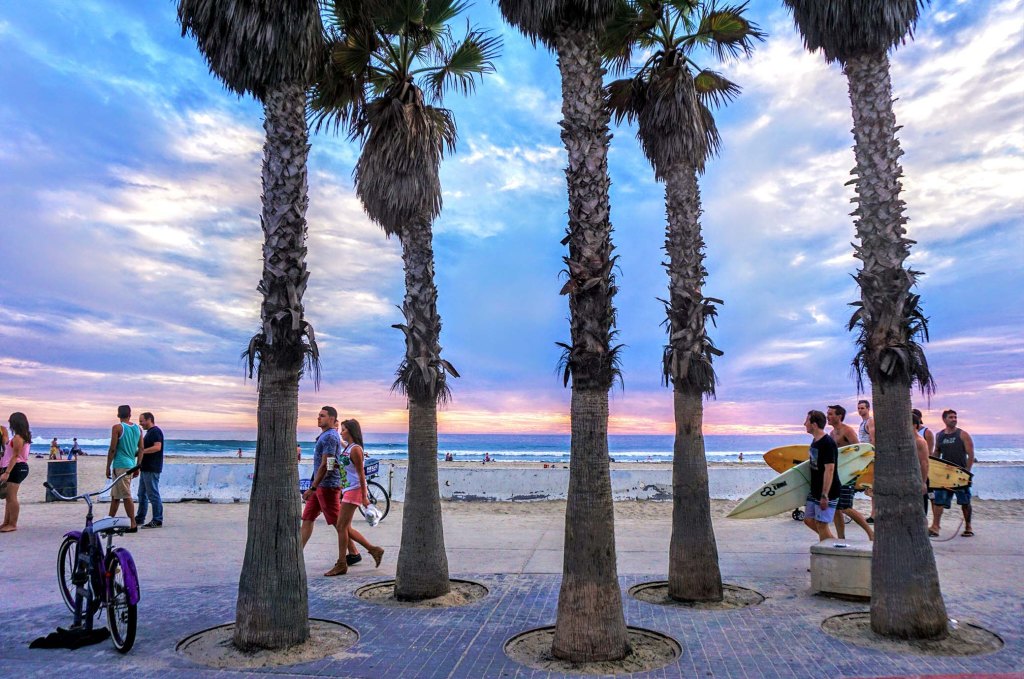
But the fact is, I like living here and LA has been good to me and my family. It is a progressive place, yearning for, if not always achieving, a utopian grooviness (Colin Quinn calls California “the American Dream of the American Dream”).
Nowhere else could I imagine being surrounded by so many creative people, dreamers and fools all, pulled ever westward and blown back again, like ash on the wind, or so many cars traversing the endless freeway.
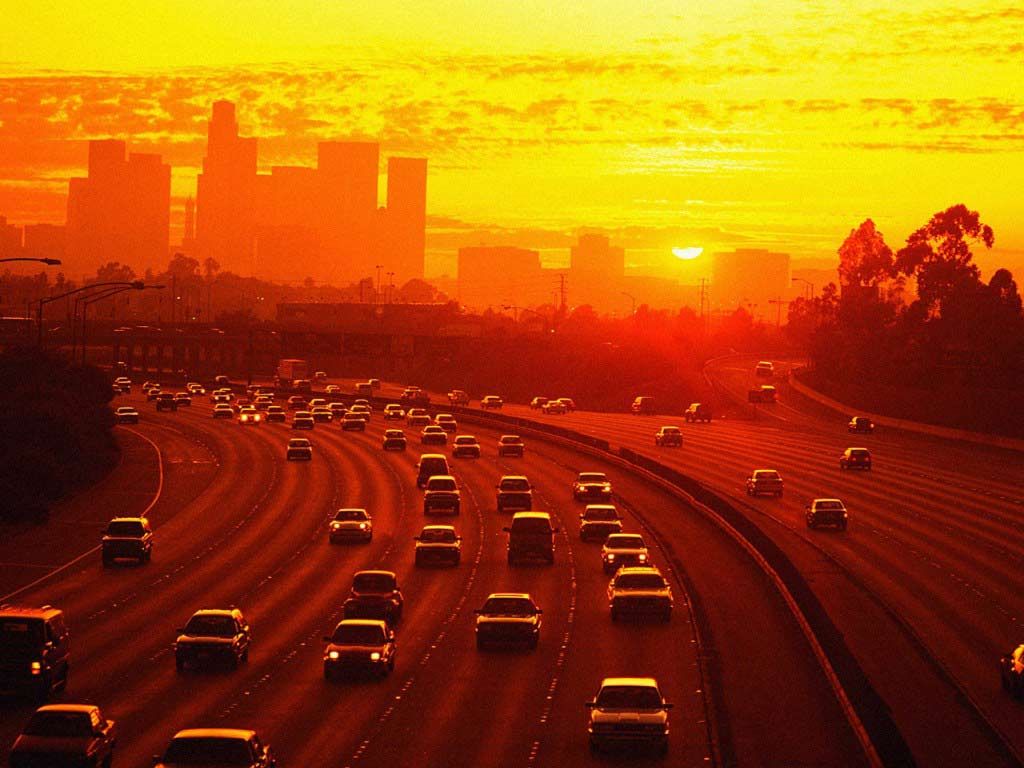
Awesome read! All of this, is exactly what country is missing these days.
LikeLiked by 1 person
Thanks Alexis! Yeah, I agree. Less twang-bros, more writing, please.
LikeLike
My brother turned me on to Billy Joe about 20 years ago -[and Steve Earle turned me on to Guy} those two should have been bigger stars than they were- but they did do things their own way and I bet left this world with little regrets– and a both left a countless number of great songs and albums.
LikeLiked by 1 person
I found Guy through Steve, too! Love all of those guys. So smart, so funny, so real. Thanks for stopping by, Hans!
LikeLiked by 1 person
Great two-part read. That’s the beauty of the web and blogs: true music and film lovers can preserve the careers of the forgotten.
I’ve been You Tubin’ Billy a little bit deeper today. Who needs the radio?
LikeLiked by 1 person
Hey Robert, thanks for stopping by! Yeah who needs radio when there’s YouTube? Somewhere on Youtube I watched an interview where Billy Joe gave the back story of writing “Ragged Old Truck” while stuck at home on a lot of drugs…classic stuff…
LikeLike
These two parts got my attention. Billy, Guy Townes, Jerry Jeff, Prine and pals were and still are, played on my music box. Good stuff PatrickWhy.
LikeLiked by 1 person
The best. Thanks for reading!
LikeLiked by 1 person
I’ll be back for more when I get a chance. I’m usually pretty good at returning when something grabs my interest. I see Liston’s face on a take. That’s enough to get my interest again. He was my babysitter when I was a kid. Just kidding.
LikeLiked by 1 person
Lol he is one babysitter I would have probably obeyed. Sounds good, thanks for stopping by!
LikeLiked by 1 person